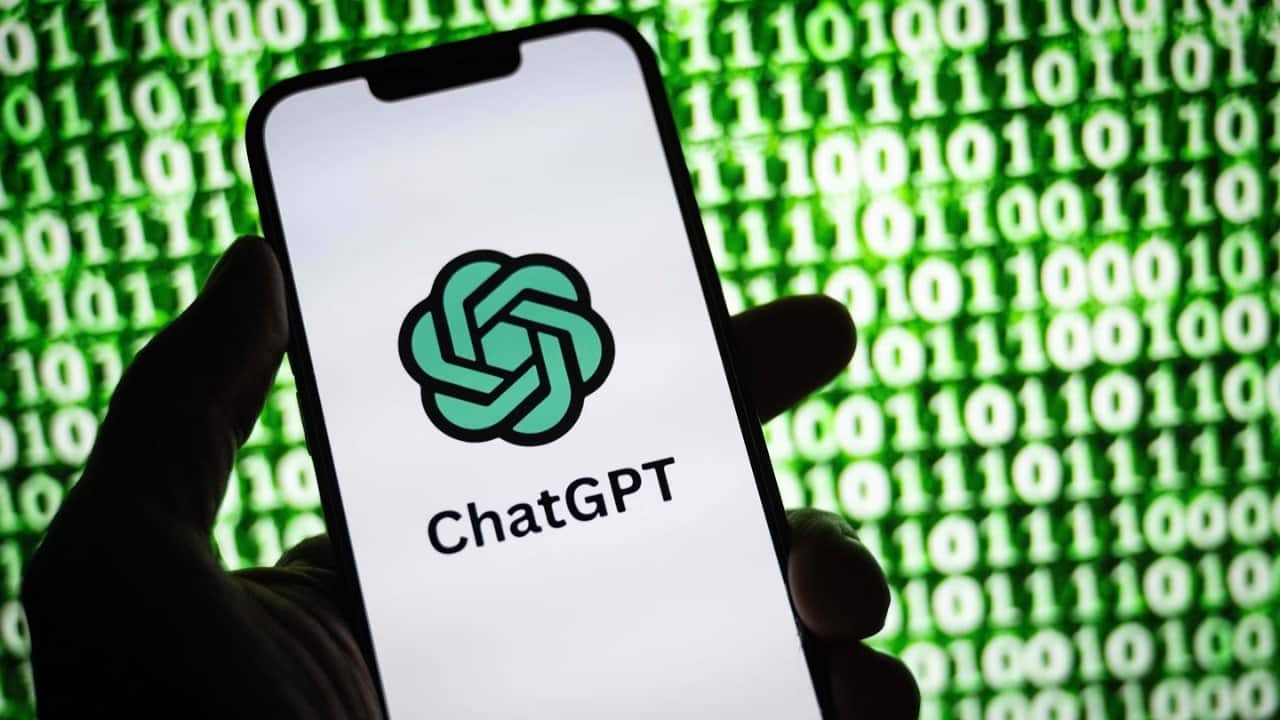 |
|
The widely popular AI chatbot, ChatGPT, developed by OpenAI, experienced a significant global outage, leaving countless users unable to access the service. This disruption, impacting both the web and mobile app versions, caused widespread frustration among users who rely on ChatGPT for various tasks, from creative writing and coding assistance to information retrieval. The scale of the outage was evident from reports flooding social media platforms, particularly X (formerly Twitter), and the outage tracking website, Downdetector, which registered over a thousand complaints from affected users. This highlights the substantial reliance on ChatGPT and the potential consequences of such widespread service interruptions in our increasingly AI-dependent world.
OpenAI, in response to the escalating reports, acknowledged the issue through its dedicated service status page. The page indicated that both ChatGPT and its associated API were experiencing “degraded performance,” a technical term that essentially means the service was not functioning as intended. While the exact nature and extent of the degradation were not initially specified, the message confirmed that OpenAI was actively investigating the problem. The company’s transparency, through this public acknowledgment and ongoing updates on the status page, helped to manage user expectations and mitigate the potential for misinformation to spread during the outage. This proactive communication strategy contrasted with previous instances of large-scale service disruptions, where a lack of timely and clear communication often exacerbated user anxiety and frustration.
The timeline of the outage, as tracked by Downdetector, indicated that the disruption began around 5 PM IST. The majority of reported issues centered around complete unavailability of the ChatGPT service (88%), while the remaining reports detailed problems with the website and API access. This breakdown offered valuable insights into the nature of the problem, suggesting a potential underlying issue impacting core functionality rather than isolated interface problems. The cause of the outage remained undetermined during the initial reporting stages, with OpenAI stating that the investigation was ongoing. Speculation, naturally, abounded online, with users proposing various possibilities, ranging from server overload to unforeseen software glitches. However, without official confirmation from OpenAI, these remained just theories.
The ChatGPT outage serves as a stark reminder of the vulnerabilities inherent in even the most advanced technologies. While OpenAI’s quick acknowledgment and ongoing investigation demonstrated a commitment to resolving the problem, the incident highlighted the potential for significant disruption when a widely used service goes offline. The reliance on such AI tools for both personal and professional tasks underscores the need for robust infrastructure, proactive monitoring, and comprehensive contingency plans to minimize the impact of future outages. The incident also raises questions about the broader implications of widespread reliance on a single platform for various tasks, prompting discussion about the necessity for alternative solutions and diversification of technological dependence.
Further investigation into the root cause of the outage will be crucial for OpenAI. Understanding what triggered the widespread disruption will not only enable the company to implement effective solutions to prevent similar events in the future but also contribute to broader discussions on the reliability and resilience of AI-powered services. This includes considering factors like server capacity planning, software testing methodologies, and disaster recovery strategies. The outage also raises questions about user data security during such disruptions, particularly concerning the potential for unauthorized access or data loss. Addressing these concerns with transparency and proactive measures will be paramount in rebuilding user trust and maintaining confidence in the platform's long-term reliability.
Source: ChatGPT is down for thousands of users globally, here’s what OpenAI has to say
